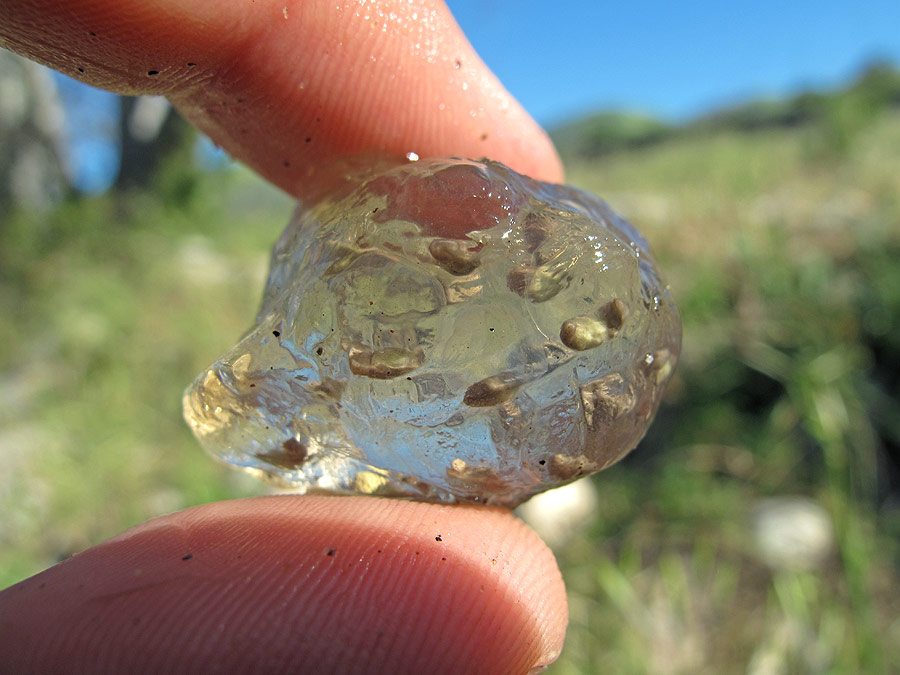As a participant in Cornell Alternative Breaks this past year, and an incoming Trip Leader for the next year, I was already familiar with the Public Service Center before Mike Bishop’s Rose Cafe on Engaged Cornell; however, I was still surprised by a lot of what he discussed, which really illustrates just how many opportunities there are for public service at Cornell.
One theme we touched on during the Rose Cafe – a theme which has presented itself in several other Rose Cafes, I think, and has general relevance to our lives – is what it means to be an Ivy League student with privilege, resources, and opportunities abound that people in the surrounding community (and, honestly, most people in the world) will never be able to access. Almost everyone at the Rose Cafe had some sort of community service under their belt, but a lot of us shared the sentiment that sometimes volunteering turns into a burden or a requirement to fill, rather than reflecting a genuine interest or passion in the community. Especially at Cornell, I think a lot of people can relate to trying to fill up their resume during high school with volunteer experiences, only for those experiences to become vaguely-recalled blips in the past. However, this Rose Cafe reaffirmed the existence of a plethora of service learning opportunities at Cornell, to help students use their privilege for good.
For me, participating in Alternative Breaks was a really great way to reconnect with the same feelings that drove me to begin volunteering in the past, and continue to learn from and explore those feelings (this is a short plug to join Alt Breaks next year!!), but I also recognize that it’s not for everyone. That’s why I was glad Mike Bishop came to talk with us, because he really seemed to push the idea that regardless of your interests and goals, the Public Service Center at Cornell has a wide variety of resources and opportunities for getting engaged – it’s a really great place to start challenging everything you thought you knew about service.



 It’s really quite beautiful up close. The sac does a wonderful job of protecting the eggs and keeping them stationary until they hatch.
It’s really quite beautiful up close. The sac does a wonderful job of protecting the eggs and keeping them stationary until they hatch.



